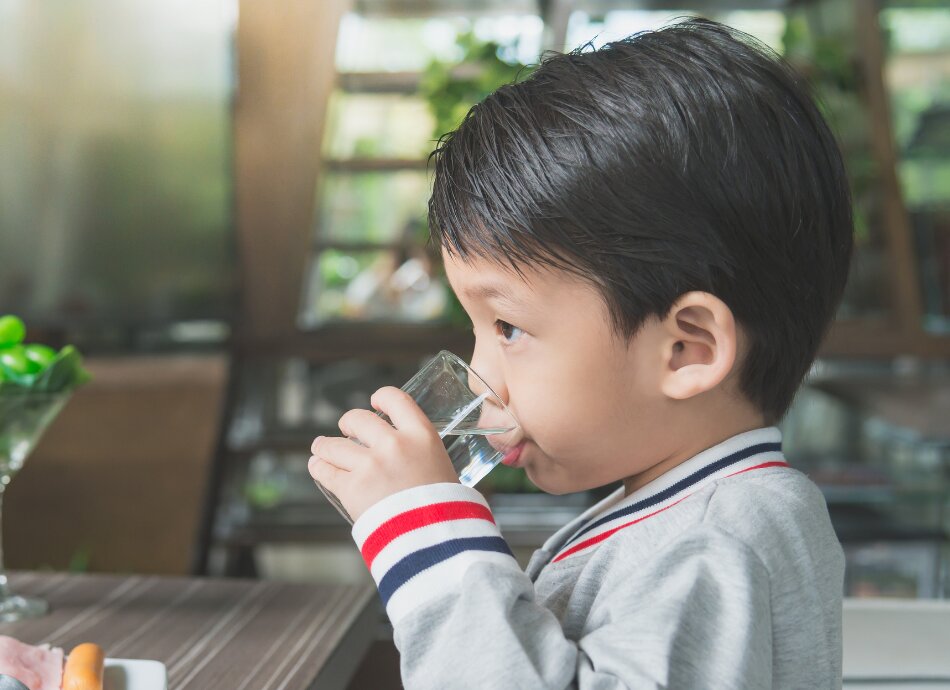Dehydration is when your body gets too dry. Your body can get dehydrated from losing water and salts. In tamariki it is often caused by not eating or drinking when they are unwell, or having a fever, vomiting (being sick) or diarrhoea (runny poos). It can also happen when they are outside in very hot conditions. Young children and babies are more likely to become dehydrated than adults. Keeping your child hydrated is always important, but it is especially important when they are unwell.
Mild dehydration in healthy children usually isn't dangerous. But more severe dehydration can cause the body to shut down and can even become life-threatening.






